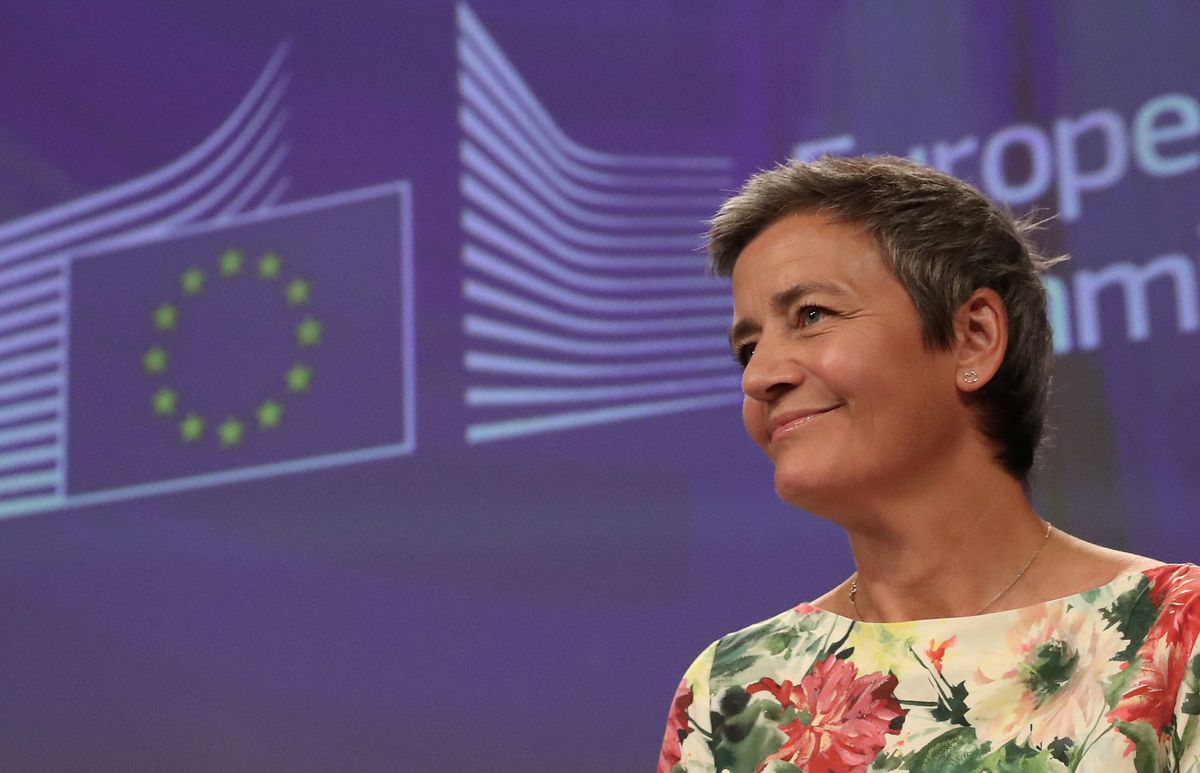Back in June, we talked about how US regulators were taking aim at Big Tech – gradually at first, but then suddenly, as federal anti-trust authorities launched investigations into large Silicon Valley firms' market power. The past week has brought some important new twists in the global campaign to rein in the industry. Here's a look at where the political heat is coming from.
Top-down pressure in Europe: On Tuesday, incoming European Commission president Ursula von der Leyen tapped Margrethe Vestager, one of the industry's most feared and revered tech regulators, for a new five-year term. The Danish politician, who US President Donald Trump has dubbed "the tax lady," has made waves with a series of multi-billion-dollar fines against huge US tech companies during her stint as EU competition commissioner. Under von der Leyen, Vestager will not only hold onto her anti-trust powers, she'll also take on broader responsibility within the EU for making Europe "fit for the digital age," including figuring out how Europe can maintain its "technological sovereignty" in a world dominated by US and Chinese tech firms. Vestager was already one of the most powerful enforcers in global tech. She just got even fiercer.
Bottom-up pressure in the US: Top prosecutors in 48 US states on Monday unveiled a "multi-state, bipartisan" competition probe into Google. This followed news of a similar anti-trust investigation into Facebook last week. The state-level action is interesting mainly because of Washington dysfunction: If federal investigations into Big Tech stall, could anti-trust become the latest example of state and local governments cracking down where national governments can't or won't? It's already happened in privacy, where a tough new California digital privacy law is set to fill the void created by Congressional inaction when it comes into force in January. Curiously, California was one of two states that declined to join the Google probe – its attorney general has remained tight-lipped about why, citing a need to "protect potential and ongoing investigations." Even so, the legal risks facing big tech companies in the US just got more complicated.
Bottom line: From all angles, Big Tech's regulatory squeeze in the West is only going to intensify.


















